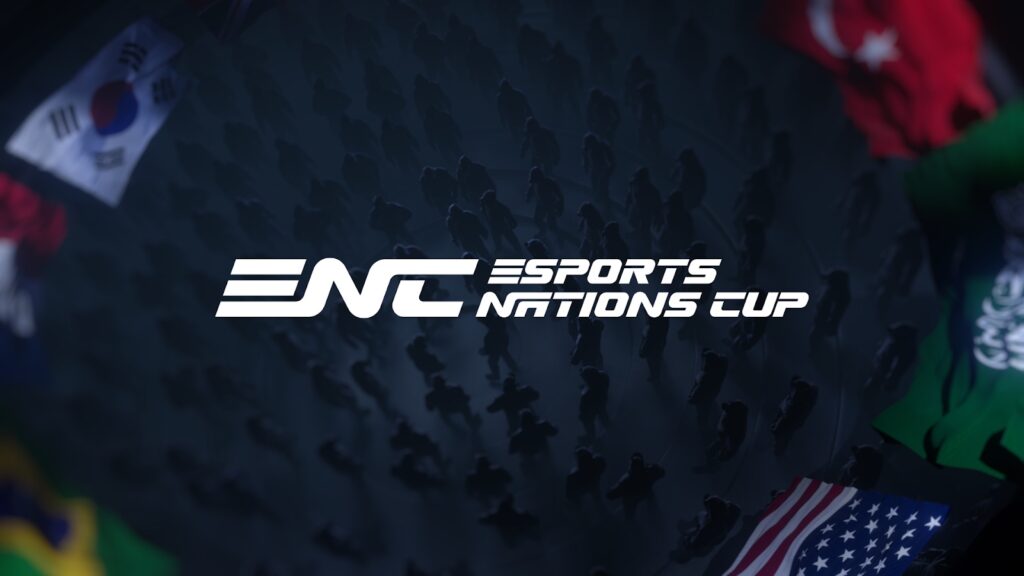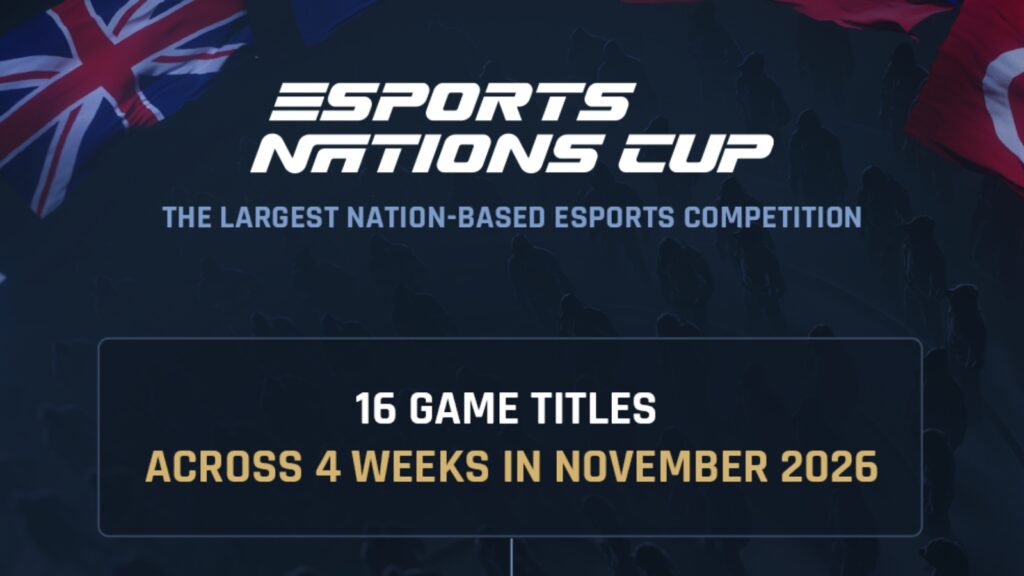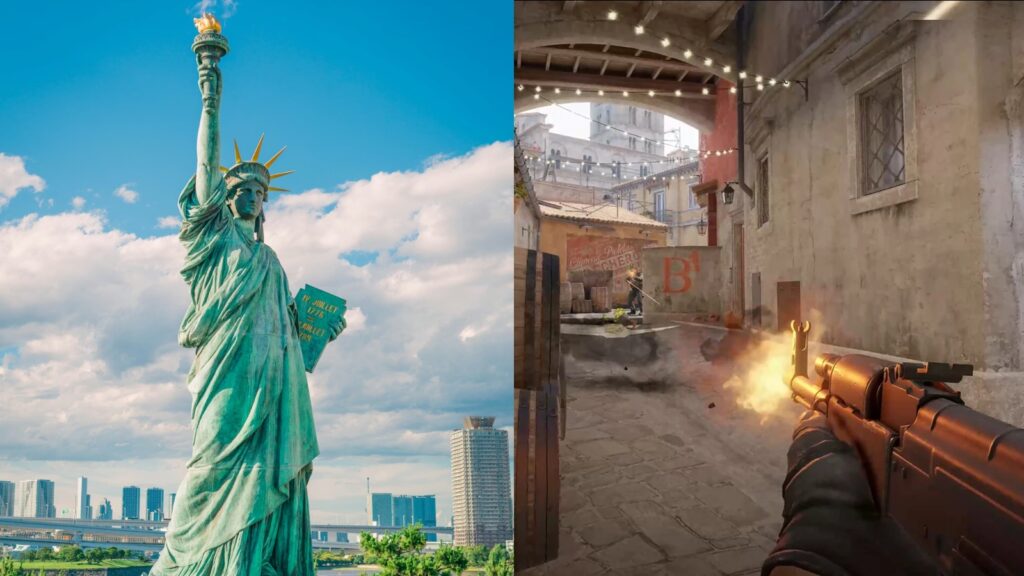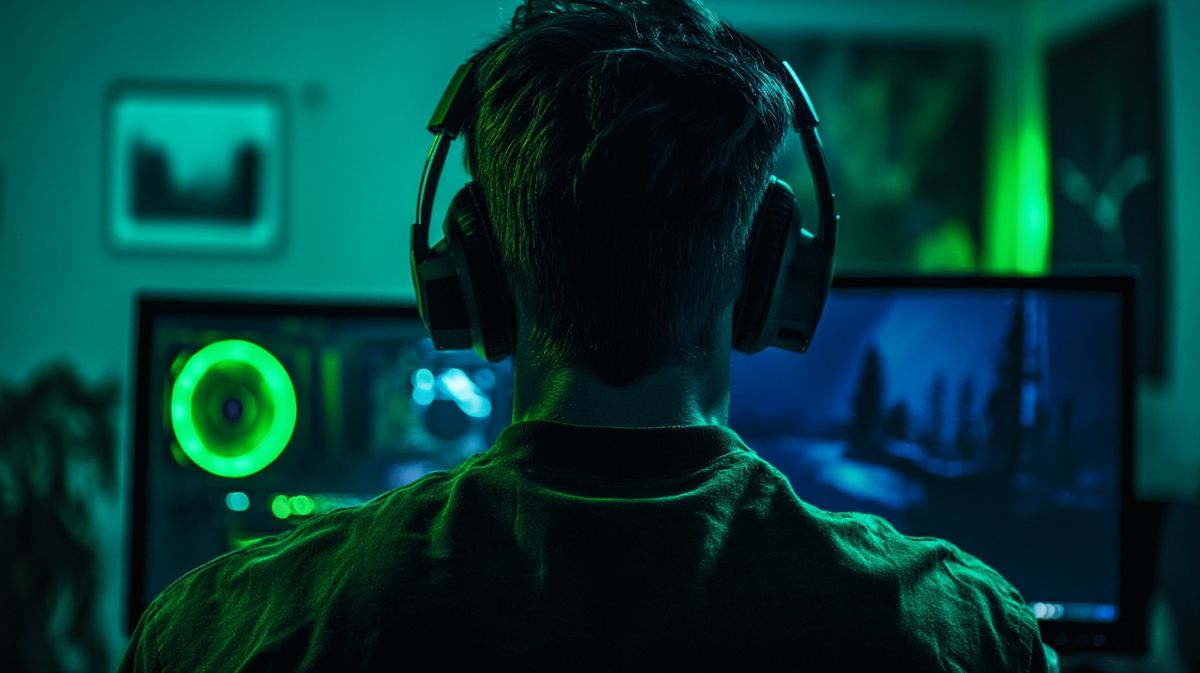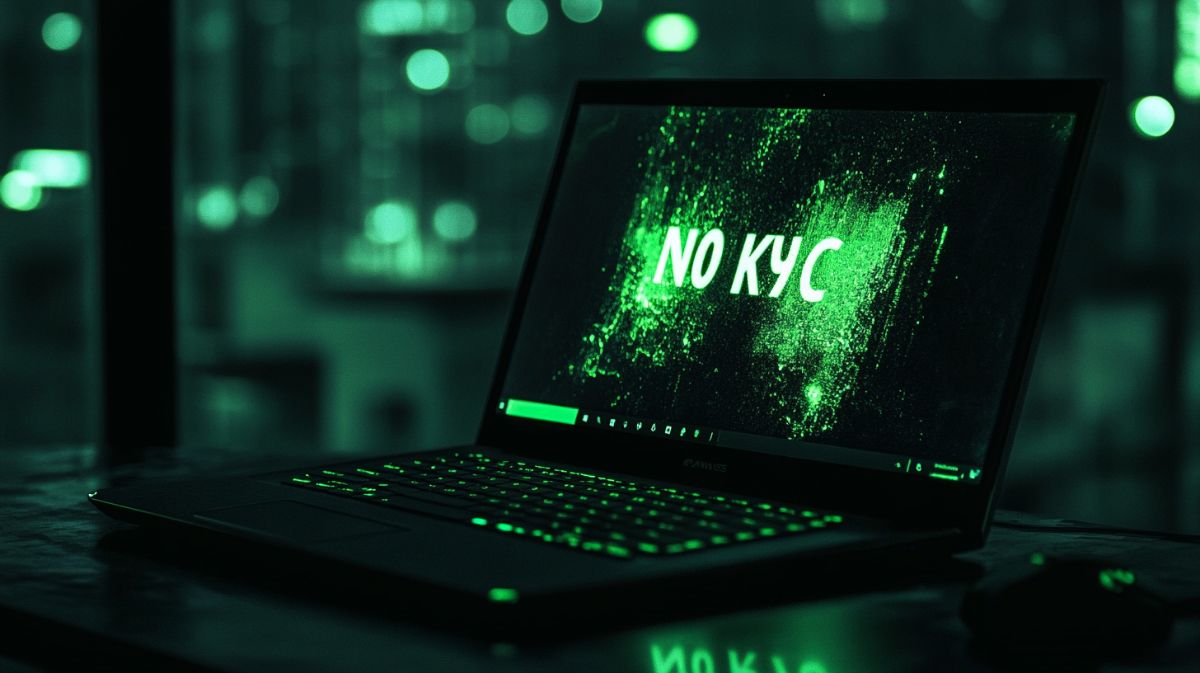Class Action Lawsuit Filed Against Gaming Companies In Quebec Over Child Privacy Violations
A class action lawsuit has been filed in Quebec against the mobile gaming industry over allegations of serious violations of children’s privacy rights.
Law firm Slater Vecchio filed the lawsuit alleging “Mobile games aimed at children are offered without any real control over the collection and sharing of their personal data.”
Some of the video games implicated in the lawsuit include titles from major gaming companies such as Gameloft, Bandai, Nintendo, Ubisoft, and Microsoft.

Nintendo and Microsoft are among the companies named. Image Credit: Wesley Tingey/Unsplash
Slater Vecchio highlights the following games concerned by their class action:
- Dragon Ball Z: Dokkan Battle
- Sonic Dash
- Helix Jump
- Disney Magic Kingdoms
- Super Mario Run
- Clash of clans
- Brawlstar
- Ice Age Village
- Minion Rush : Despicable Me Official Game
- LEGO Legacy : Heroes Unboxed
- Hungry Shark World
- Paper.io 2
The lawsuit has been brought by the parent of a 14-year-old child, who is particularly concerned with the privacy policies of the games her child plays.
According to the claim, the games systemically violate the Quebec Charter, the Act respecting the protection of personal information in the private sector, and the Civil Code of Quebec.
Children Must Be Protected in Virtual World, Says Claim
François Pariseau, lawyer at Slater Vecchio, said, “It is no longer enough to focus on protecting our children in the physical world; it is now just as important, if not more so, to protect them in the virtual world.”
Some of the same companies were named in a lawsuit last year, accusing the game developers of ‘addicting youth and creating a public health crisis’.
That lawsuit was also brought by a concerned parent of a child gamer. The gaming companies attempted to place the responsibility on the parent, alleging that the homeschooled child played ’12 – 14 hours of games per day’, and spends around $350 on video games and microtransactions.
Games Face Legal Scrutiny Over Loot Boxes and Skins Gambling
Recently, there have been moves by governments to crack down on microtransactions within games, particularly those that resemble gambling.
Governments in Brazil, the UK, and Singapore all introduced measures against loot boxes, alleging that they encourage underage gambling.
In the US, the Federal Trade Commission (FTC) requires companies to obtain parental consent from under-16 users for selling loot boxes. In addition, the chances of obtaining rewards and the real-money cost of boxes must be disclosed.
The lawsuit filed in Quebec claims that “shifting the responsibility onto parents who may not be fully informed” is part of the problem. It seeks compensation from the gaming companies over the privacy violations.


